EULEX head assesses northern Kosovo as “biggest challenge”
EULEX Head Xavier Bout de Marnhac has stated that the biggest challenge for his mission is northern Kosovo.
Saturday, 29.09.2012.
16:11

PRISTINA EULEX Head Xavier Bout de Marnhac has stated that the biggest challenge for his mission is northern Kosovo. He added that EULEX was ready to establish the rule of law in the north. EULEX head assesses northern Kosovo as “biggest challenge” “The important thing is, when it comes to northern Kosovo, that we are capable of improving the rule of law in the area for the sake of those who live there,” de Marnhac told Beta news agency. He said that the mission was in northern Kosovo present at two border crossings –Jarinje and Brnjak, at the Kosovska Mitrovica Court and that EULEX members patrolled the area. “We are also trying to conduct investigations but I admit that it is very hard and I can repeat that the freedom of movement for EULEX and the entire international community is something that should be constant and without limitations. We are fully committed to improvement of the rule of law which we recently showed when a person was sentenced to nine years in prison,” he explained. Commenting on Serbian institutions in Kosovo he said: “We know that those structures operate, that there are parallel structures in many areas, such as education and security. I think that the issue should be resolved in the dialogue,” de Marnhac stressed. He noted that certain agreements had been reached between Belgrade and Pristina and that they should be implemented. The EULEX chief said he was completely sure that a special team was capable of investigating the trafficking in organs extracted from kidnapped Kosovo Serbs but refused to give any details. “We usually do not comment on ongoing investigations, we leave prosecutors to do their job and decide when something can be made public,” he pointed out. According to him, EULEX’s mandate has been extended until June 2014 and Brussels is working on certain changes “in order to adjust the mission’s mandate to the reality in Kosovo”. However, he explained that there would be no significant changes. Commenting on incidents in areas of Kosovo where Serbs lived, de Marnhac said that EULEX was carefully monitoring the situation “because the issue of Serbs’ security in Kosovo is a matter of perception of the public”. When asked to comment on Belgrade’s accusations that EULEX was not status neutral, he said: “I do not know what you mean by ‘neutral’. We now have a renewed mandate and we are trying to implement it the best we can. The mandate includes development of the rule of law in the north. If you are asking me whether the neutral status does not envisage the rule of law in the north, I say that it has to exist,” de Marnhac concluded. Xavier Bout de Marnhac (Beta, file) Beta
EULEX head assesses northern Kosovo as “biggest challenge”
“The important thing is, when it comes to northern Kosovo, that we are capable of improving the rule of law in the area for the sake of those who live there,” de Marnhac told Beta news agency.He said that the mission was in northern Kosovo present at two border crossings –Jarinje and Brnjak, at the Kosovska Mitrovica Court and that EULEX members patrolled the area.
“We are also trying to conduct investigations but I admit that it is very hard and I can repeat that the freedom of movement for EULEX and the entire international community is something that should be constant and without limitations. We are fully committed to improvement of the rule of law which we recently showed when a person was sentenced to nine years in prison,” he explained.
Commenting on Serbian institutions in Kosovo he said:
“We know that those structures operate, that there are parallel structures in many areas, such as education and security. I think that the issue should be resolved in the dialogue,” de Marnhac stressed.
He noted that certain agreements had been reached between Belgrade and Priština and that they should be implemented.
The EULEX chief said he was completely sure that a special team was capable of investigating the trafficking in organs extracted from kidnapped Kosovo Serbs but refused to give any details.
“We usually do not comment on ongoing investigations, we leave prosecutors to do their job and decide when something can be made public,” he pointed out.
According to him, EULEX’s mandate has been extended until June 2014 and Brussels is working on certain changes “in order to adjust the mission’s mandate to the reality in Kosovo”. However, he explained that there would be no significant changes.
Commenting on incidents in areas of Kosovo where Serbs lived, de Marnhac said that EULEX was carefully monitoring the situation “because the issue of Serbs’ security in Kosovo is a matter of perception of the public”.
When asked to comment on Belgrade’s accusations that EULEX was not status neutral, he said:
“I do not know what you mean by ‘neutral’. We now have a renewed mandate and we are trying to implement it the best we can. The mandate includes development of the rule of law in the north. If you are asking me whether the neutral status does not envisage the rule of law in the north, I say that it has to exist,” de Marnhac concluded.

















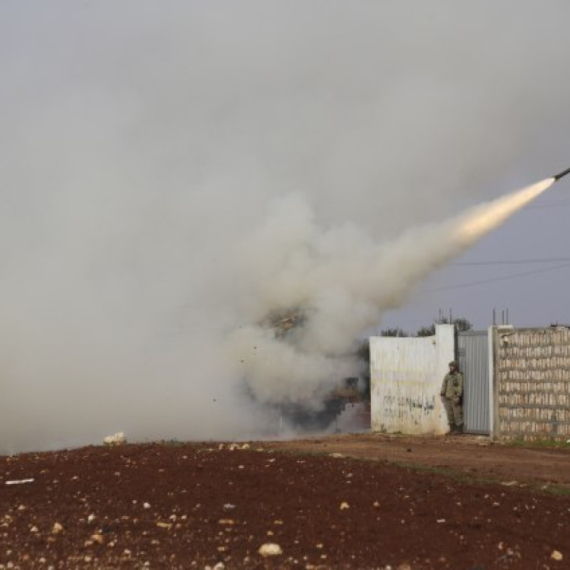
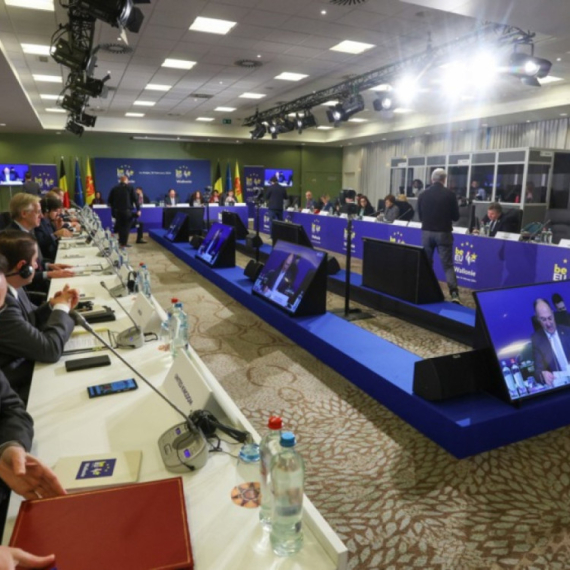




















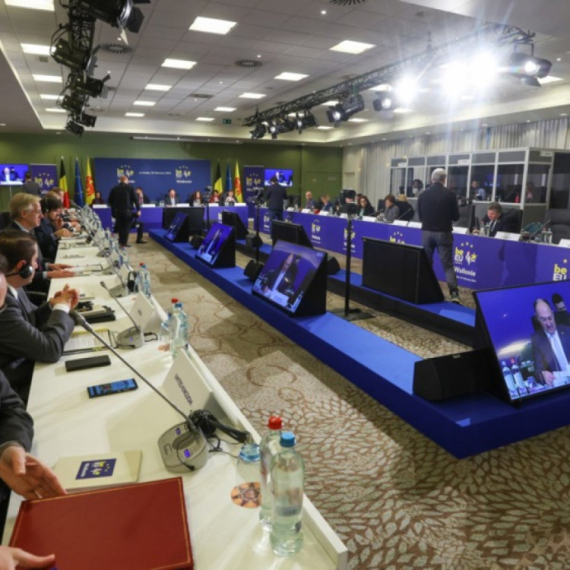
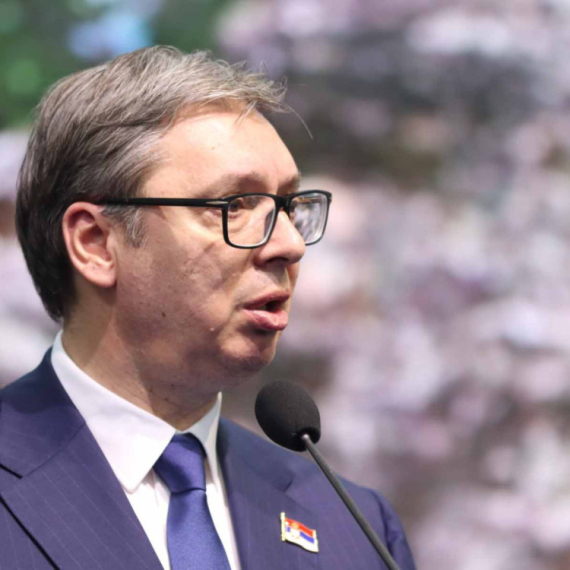
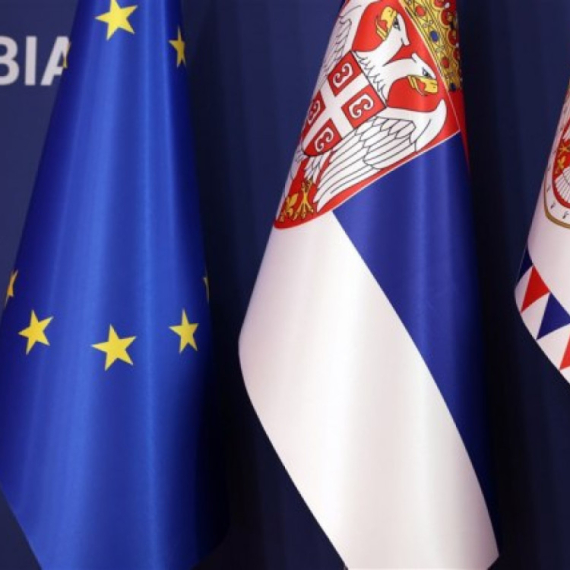
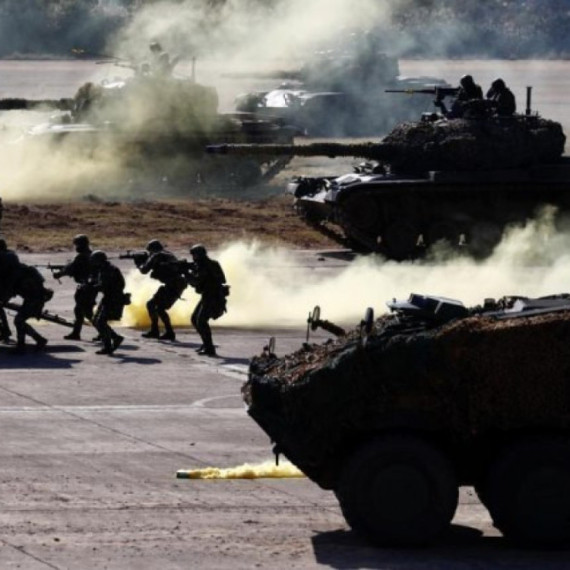
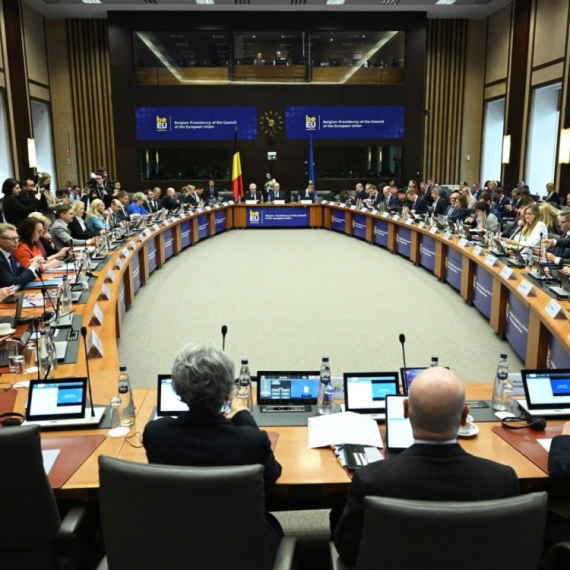


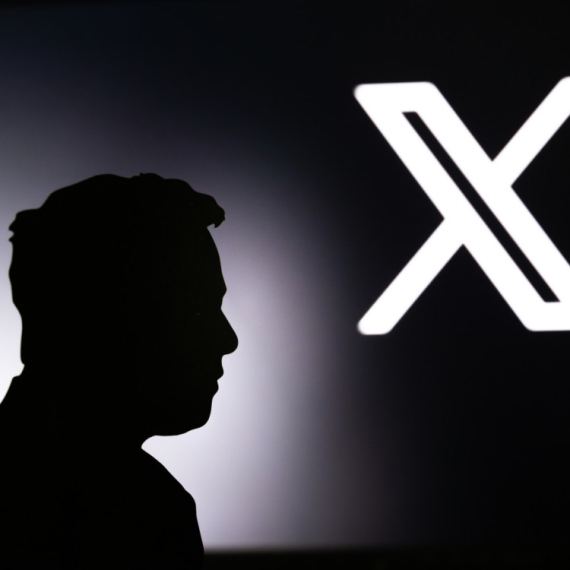





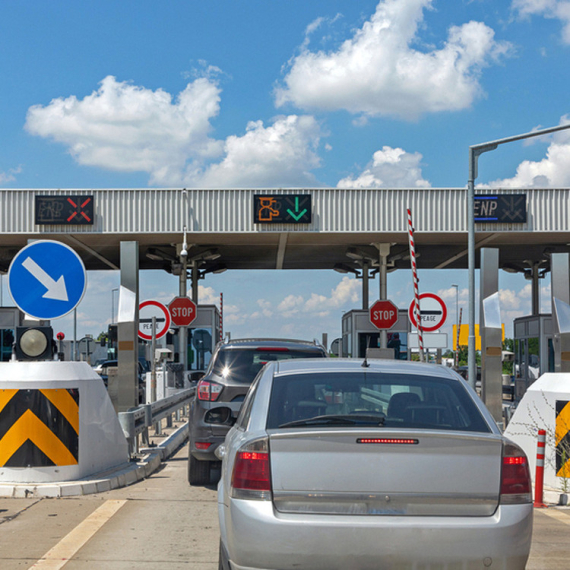






Komentari 6
Pogledaj komentare